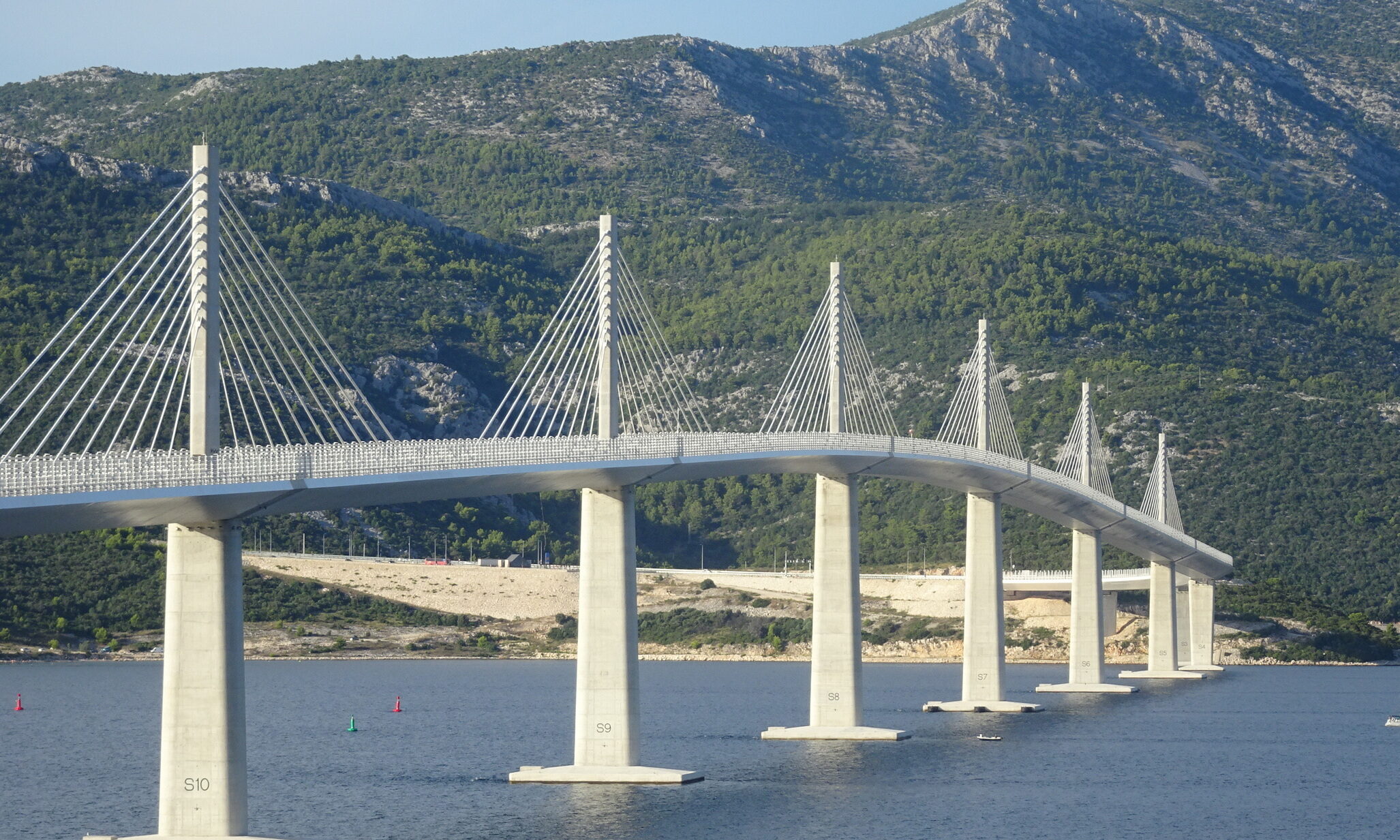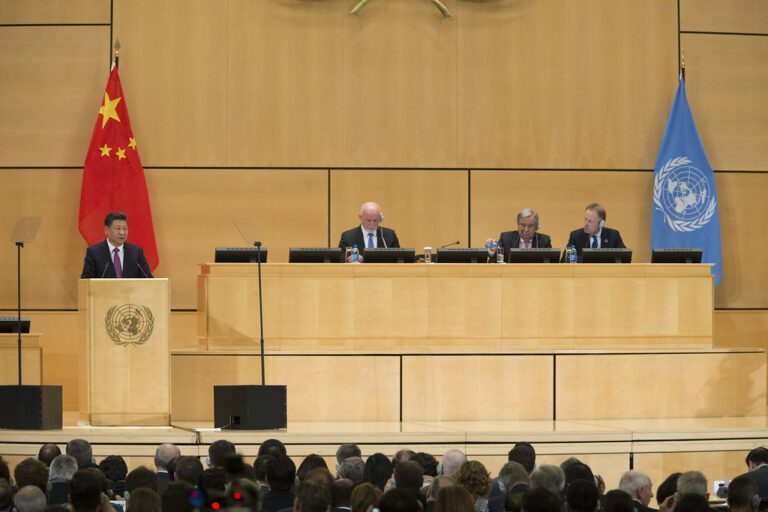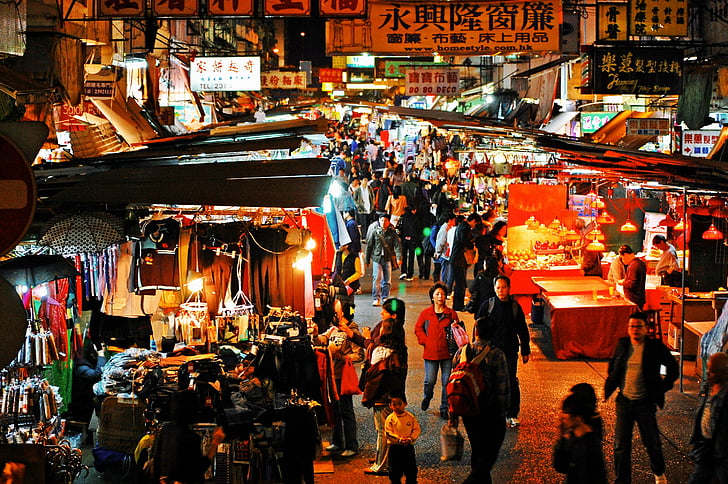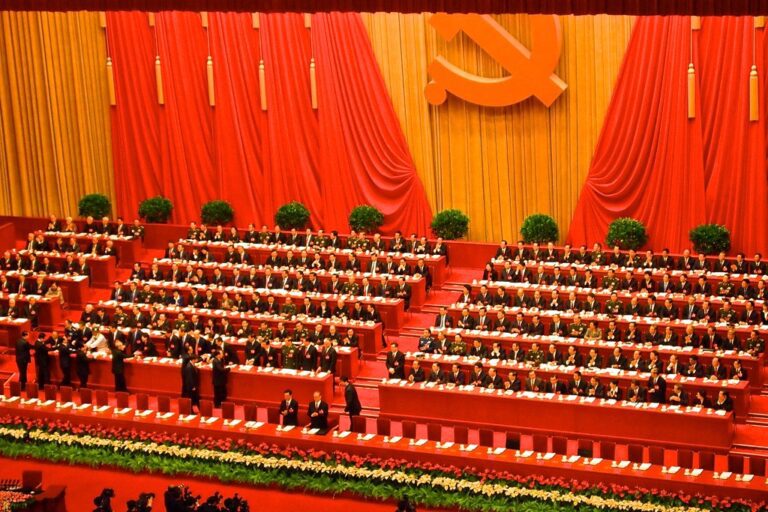For Chinese Companies, Better Access to the EU Single Market Leads through the Western Balkans

As the EU envisions granting further advantages of the single market to aspiring members in the Western Balkans ahead of the full accession, the issue of how to manage trade with China becomes more salient.
Ana Krstinovska is a CHOICE Research Fellow, focusing on the Chinese activities in the Balkans.
The“Holy Grail” of the EU Single Market
In November 2023, the European Commission adopted the New Growth Plan for the Western Balkans. In an attempt to boost the economic convergence of the poorer Western Balkan countries as they progress towards full EU membership, the plan envisages enhancing the region’s integration in the EU single market.
Full access to the single market has been the biggest attraction point for many countries seeking closer ties with the EU and one of the main tools (alongside cohesion policy) to support the economic development of countries joining the bloc. At the moment, all the Western Balkan countries enjoy privileged trade relations with the EU through their Stabilisation and Association Agreements and are partially aligned with the EU rules. As they progress towards full alignment, they will gradually enjoy more benefits related to the “four freedoms” of movement of goods, workers, services and capital. Nevertheless, they would also need to ensure the smooth functioning and protection of the single market against potential disruptions.
At the same time, access to the single market is the main leverage the EU has in its relations with China. The Western Balkan region has often served as a springboard for Chinese companies to build their portfolios, and test and improve their performance in relation to the EU norms and standards, so that they can subsequently compete in the EU. The most notable example would be the China Road and Bridge Corporation, a Chinese state-owned enterprise that won the contract and built the €526 million Peljeshac Bridge in Croatia with European structural funds, having previously built the Pupin Bridge in Serbia. Moreover, many of the big Chinese investments in the Western Balkans primarily export their products to the EU, namely the biggest steel production facilities in North Macedonia (Makstil) and Serbia (Smederevo steel mill), both owned by Hesteel, but also the Bankers Petroleum oil fields in Albania owned by the Chinese GeoJade.
The Challenge of Chinese Imports
Given the Western Balkan countries’ purchasing power, the imports of relatively cheaper Chinese goods are important both for the economy and consumers’ quality of life. Imported goods consist of consumables, such as textiles, footwear, home appliances, electronics, and toys, but also machinery, construction materials and medical supplies. Local companies are highly dependent on Chinese machinery and production inputs in a range of industries, including iron and steel products, construction, textile, food processing, etc.
The influx of cheap Chinese imports, especially since it started to significantly increase a decade ago, has also harmed domestic manufacturers whose products have become less competitive. Ironically, having calculated the profitability, some of them switched to importing and reselling Chinese products in their own market, which becomes illegal when the actual origin of such products is obfuscated or when they are presented as local products. For instance, Albania imported over one thousand tons of fish from China in 2017 and there have been allegations that (at least a part of) it was sold as fresh local produce which Albanians are buying for high prices.
Moreover, there have often been cases of Chinese products with dubious quality, some of which were even withdrawn from the market due to safety reasons, especially toys in the case of Montenegro and North Macedonia and cosmetics, toys, electronics and protective gear in Bosnia and Herzegovina. In 2019, Dutch authorities blocked a shipment of Chinese pesticides in the port of Rotterdam on their way to Albania. The pesticides were not registered or allowed to be imported to either Albania or the EU. That same year, there was a public scandal following the revelation of the High State Control that in 2017 and 2018, 2,000 kilograms of Chinese pesticides and other plant protection products, including poisons and dangerous chemicals, which are prohibited in the EU, were allowed to enter Albania without laboratory analysis. Such incidents emphasize the need for the Western Balkan countries to step up their alignment with the EU legislation and increase the controls to ensure that dangerous or misleading products do not end up on their market or scattered across Europe.
Free Trade with China
At the Belt and Road Forum in October 2023, China and Serbia, Beijing’s main strategic partner in the Western Balkans, signed a free trade agreement (FTA) which covers over 10,000 Serbian and nearly 9,000 Chinese products. The agreement – a first for China in the region – is expected to significantly boost trade and, according to Serbian officials, pave the way for increased agricultural exports to China, notably honey and wine. In 2021, Chinese products accounted for less than 9 percent of Serbian imports ($1.03 billion), while 4 percent of all Serbian exports went to China, predominantly consisting of copper, ores and extractive products (over 80 percent). Some experts doubt that the FTA will achieve the desired results: instead, they fear that it may be aimed at making Serbian copper reserves, already overexploited by the Chinese Zijin Mining, even cheaper for China.
While it is arguably too early to judge the results of the Sino-Serbian FTA, it will need to be abolished before Serbia can join the EU. Nevertheless, the fact that Serbia signed the agreement now, despite the fact that it has been seeking and negotiating EU membership for over a decade, underscores that it is not counting on its accession to the bloc happening in the near future.
In the words of President Vucic, “before Serbia becomes a European Union member state, we have to live … and we have to think about our country, our children and our future”. However, such a statement fails to account for the fact that even at present, the EU is the main trade partner, investor and donor, both for Serbia and all of the Western Balkan countries, thus access to the single market would further increase the economic benefits of that relationship. But, for President Vucic, seeking closer ties with China and counting on its support on the Kosovo issue seems to be a political goal that trumps the economic logic of the FTA.
Skirting the Competition Policy
While the EU is trying to reform its competition policy to keep up with China (and the US) in global trade, China has been seeking to establish a dominant position or privileged access in different industries across the Western Balkans: in Albania, Chinese companies dominate in oil, chromium and copper extraction; in Serbia they are major market players in the production of copper and steel; in Serbia and Bosnia and Herzegovina, they are privileged recipients of state aid.
State authorities in the region have reacted to competition breaches by Chinese companies in line with their countries’ overall relationship with China and with their weak rule-of-law standards and reputation. The Albanian Competition Authority launched an investigation against Bankers Petroleum to establish whether it has abused its dominant position, which resulted in a €200,000 fine for the Chinese company. The fine is relatively low compared to the size and profit of the company, which is said to have close connections to the authorities, as seen through their lenient approach in other environmental and tax matters.
In Serbia, there are allegations that in 2020, the State Aid Control Commission allowed unlawful state aid to Shandong Linglong, amounting to €83.5 million, for the construction of a tire factory in Zrenjanin. Moreover, the investor and the Ministry of Economy failed to report, and the State Aid Commission failed to assess, the indirect aid allocated to the company in the form of public funds used for the construction of the necessary infrastructure and an exemption from paying relevant duties. The approval of the state aid was justified by arguing that the investment would contribute to the public interest and have a stimulating economic effect, although there was no proper evaluation or evidence for such claims other than the investor’s own claims.
Other examples of unlawful state aid come in the form of support for infrastructure projects awarded to Chinese companies without a proper procurement procedure. In the case of Serbia, the construction of an additional unit of the Kostolac thermal power plant (TPP), financed through a loan by the Chinese Export-Import Bank of $608 million was made possible through a sovereign guarantee deemed illegal by the Energy Community. In another case in Bosnia and Herzegovina, the government of Republika Srpska agreed to provide state aid to Shandong Hi-speed for building and operating the Banja Luka-Prijedor highway without consulting the state Council on State Aid as stipulated by law.
The path for the Western Balkans to join the EU is set to be long and rocky. However, the opportunity for them to join the EU single market is an important milestone in the process, which is worth the effort of speeding up the alignment with the EU acquis communautaire in order to access the associated benefits. In that process, the Western Balkans also need to ensure they do not become a back door for Chinese companies seeking to obtain or increase their access to the EU market without fulfilling the necessary requirements.
The article is based on the regional study “China’s Influence on the Western Balkans’ EU Accession Process: Synergies and Obstacles,” co-authored by Ana Krstinovska, Bledar Feta, Aleksandra Stankovic, Senada Selo Sabic, Aleksandra Davitkovska-Spasovska and Momcilo Radulovic.
Written by
Ana Krstinovska
Dr. Ana Krstinovska is a Research Fellow at CHOICE, President of the North Macedonia-based think tank and consultancy ESTIMA and Research Fellow at the Hellenic Foundation for European and Foreign Policy ELIAMEP.


